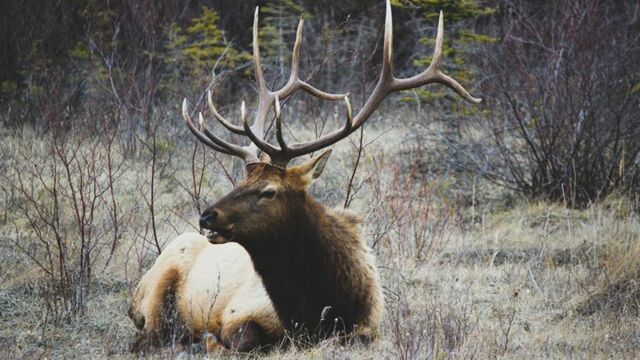Discover our latest podcast
Feeding wild animals can have terrible consequences for the animals and not just for humans. While many people are aware of the dangers caused by human food sources and feeding wild animals, which can attract wild animals and ultimately poses risks to humans, there are also far more substantial consequences.
Shocking findings made after opening a dead stag’s stomach
At the beginning of December, hunters in Arosa, a municipality in Switzerland, were forced to kill a deer which had been attracted to the area by food sources such as compost heaps and birdhouses, and so was posing a threat to residents, according to various Swiss news sources, such as the Tagesanzeiger.

However, when they examined this deer, they found a total of six kilos of plastic waste inside its carcass including, among other things, plastic gloves, string and bird feed nets.
This discovery shows just how much influence humans have over nature and the consequences of our actions. It isn’t just marine animals who suffer at the hands of our waste, like the sperm whale that recently suffered a painful death due to the 100 kilograms of plastic waste it had ingested, but more and more land animals are suffering as well.
Plastic can remain in the stomach for years
Some of this plastic waste had been inside the deer’s body for years. This could also be the reason that the animal weighed much less than an average deer of the same age.
Police are now urgently warning people against feeding wild animals. Not only does this area have a hunting law prohibiting actively and passively feeding wild animals, but more and more animals are being attracted by various other food sources and can pose a risk to humans on roads and railway tracks.















